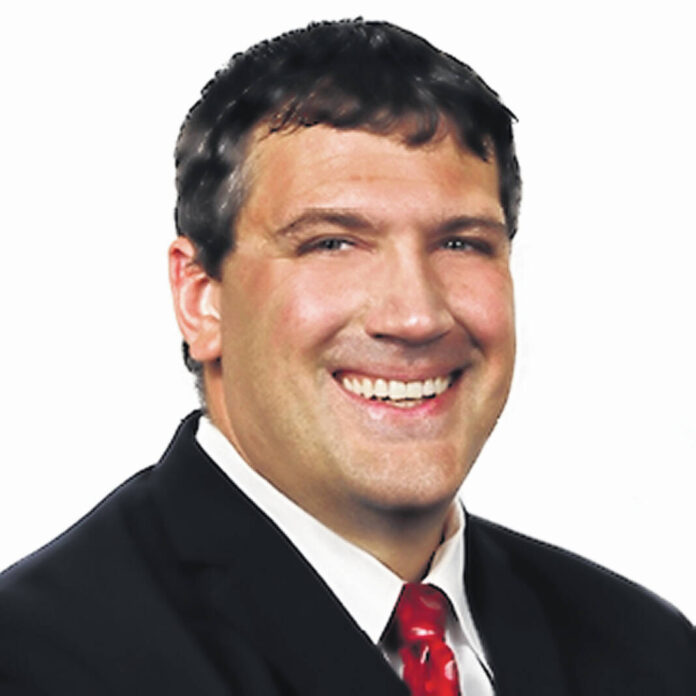As Speaker of the Ohio House of Representatives, Lima’s Bob Cupp presided over the passage of a school funding plan that has all but secured his reputation as one of Ohio’s premier speakers. But before his term expires at the end of the 134th General Assembly, Speaker Cupp can further his formidable legislative legacy by ensuring the enactment of long-overdue occupational licensing reform.
Plagued by a persistent worker shortage, Ohio employers in virtually every profession and industry need more qualified employees to keep pace with customer demand and relieve supply-chain backlogs. Occupational licensing reforms currently pending in the Ohio House and Senate would help.
Ohio’s current approach to licensed professionals from out-of-state requires them to run a gauntlet of time-consuming and expensive bureaucratic hurdles, replete with high fees and extra education or training. Those hurdles make it harder to earn a living here and they discourage out-of-state license holders from making Ohio home.
Speaker Cupp and the General Assembly should change that by passing universal occupational licensing legislation that would allow Ohio to recognize professional licenses and certifications from other states in much the same way that we accept an out-of-state driver’s license. With reform bills already drafted in both chambers, Ohio’s economy could start seeing the benefits of universal licensing recognition by early next year. And Speaker Cupp should see that it does.
Excessive occupational licensing requirements are not new and have raised bipartisan alarm. Professor Morris Kleiner, the AFL-CIO chair in labor policy at the University of Minnesota’s Humphrey School of Public Affairs, testified before Congress in 2016 that he and the former head of President Obama’s Council of Economic Advisors estimated that licensing laws had already cost Ohio nearly 68,000 jobs — jobs that employers across the state really could not afford to lose. Reducing or eliminating licensing barriers to employment will help.
Occupational licensing reform will also help reverse Ohio’s stagnating population growth. Various surveys rank Ohio among the top 10 states seeing the most outbound migration, and the mass exodus has cost Ohio three congressional seats over the last two decades. Relaxing occupational licensing burdens will make it easier to attract new skilled labor looking to relocate from other states, which will curb emigration and slow the unfortunate “brain-drain” that Ohio has suffered for far too long.
As The Buckeye Institute has explained, universal licensing recognition will allow workers with similar out-of-state licenses to continue their careers in Ohio. Eighteen other states, including Pennsylvania, already honor out-of-state professional licenses and do not burden license-holders with additional education requirements or uncompensated training hours before allowing them to get to work. Those states will get more doctors, more nurses, more plumbers, more electricians, more welders, and more professionals in every other trade needed to serve customers, treat patients, build houses, and staff factories.
Unfortunately, Ohio is not one of them. But before the gavel closes the 134th General Assembly, Speaker Cupp should see that it is. Ensuring that Ohio can attract the skilled and talented workforce that it needs to succeed would prove an enduring close to Mr. Cupp’s successful speakership.
Greg R. Lawson is a research fellow at The Buckeye Institute. His column does not necessarily reflect the opinion of The Lima News editorial board or AIM Media, owner of The Lima News.







